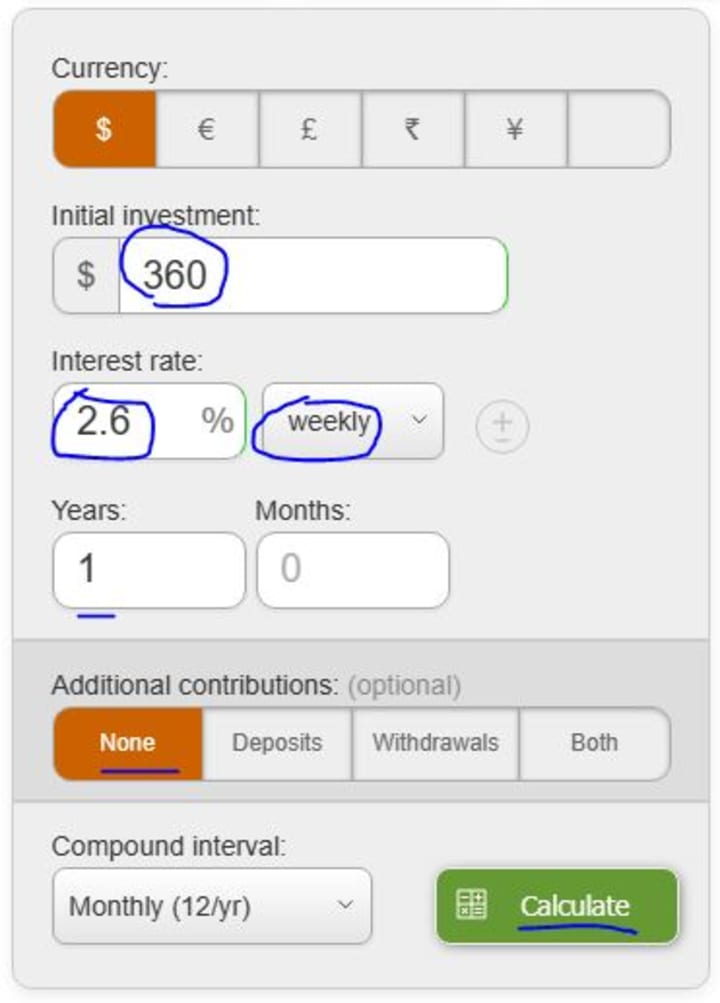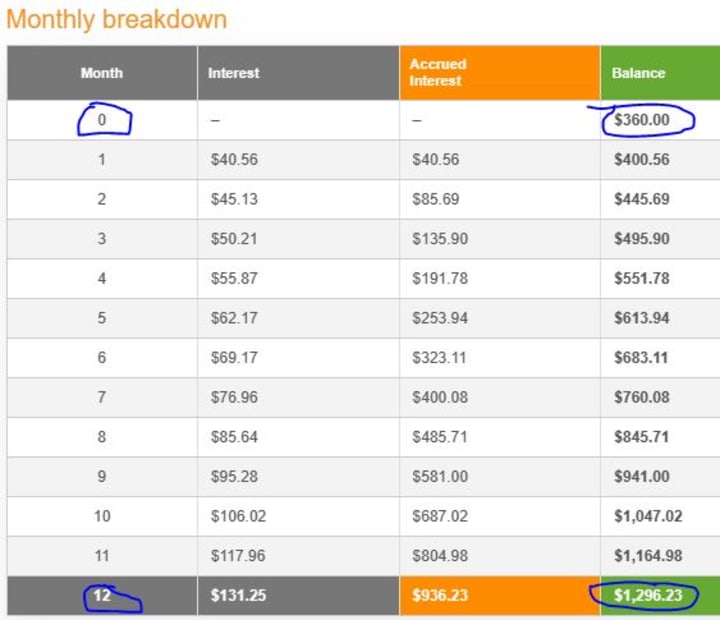Stock Trading – Entry 10
Responses to Some Initial Crypto Trading Questions

In an effort to keep my stock trading entries related to blockchains separate from those about regular stocks, here are my responses to a few questions that include how to bypass greed.
Why didn’t you write about mining blockchains?
Entrepreneurship as a topic is outside the scope of this series of articles. I am an investor writing about trading directly in stocks, currencies, and blockchains. Mining blockchains involves setting up computers en masse to run calculations. Doing that is, effectively, running an enterprise/operation/business/company. It would be like being a manager of a store, not just a shareholder in that store – and I am focusing on the latter.
That said, one of the things I will be factoring in to my evaluation concerning any future purchases of any actual blockchains is how much mining will be required in the future. See, the calculations required to verify each exchange for every partial unit of a blockchain grows pretty high. With a currency use case, that will eventually become unsustainable because the entire planet can only produce so much electricity and hold so many computer servers to run those calculations. Inventory use cases are different because you won’t get millions of calculations per inventory item needing to be run every week. Without realistic sustainability, I will only consider currency use case blockchains to be only an act of speculation on a valueless item (e.g. there is an exchange for people to buy portions of a used Kleenex and due to the hype I think it will go up, so I will buy with the intent to sell in the short-to-medium term).
Note: the above situation may change between the publishing of this article and my investment into a blockchain with a currency use case.
What enticed you to lose so much on your first go at blockchain trading?
Freaking greed. I have discovered that, as an investor, dispelling greed involves answering a whopping two questions (which I hadn’t at the time, although I wish I had).
1. Did the market provide the amount you are evaluating?
I will demonstrate this by way of an example. In article 8 I mentioned that one of my stocks had increased in value by 2.6% in one week. You might how much I could make in a year if that growth trend continued for all of my stocks.
To do that, let’s use a (free) compound interest calculator, like this one. Enter $360, a 2.6% interest rate (AKA growth rate) on a weekly basis for one year like the image below, and then click calculate.

You should then get a monthly breakdown chart that looks like this:

Compare the $360 figure in the top-right at the beginning of the one-year period against the amount on the bottom-right, which is the amount at the end of the one-year period.
With this kind of growth, I will apparently be almost $1,000 richer! I mean, take a look at what a 2.6% weekly growth rate looks like when converted to an annual growth rate:

Does that whet your appetite? If it does, that is greed because I entered those numbers for this calculation. That was not the growth rate in the market. Ok, it was for week #1, but not the other 51 weeks of the year. Completely fictitious. If I showed you a chart like that, would you care what the investment was? I bit into that imaginary carrot and ended up with a $4,500 dentist bill (metaphorically speaking).
2. Did the (non-fictitious) market analysis make sense and work for you?
I didn’t do the analysis and it wouldn’t have worked for me. (Sarcasm might call that ignorance leading to charity, or perhaps an entry in the book entitled, "The Devil’s Dictionary".) I didn’t know about blockchains needing to be in my own digital wallet. It’s either in your digital and belongs to you, OR it is in someone else’s digital wallet and belongs to them. At the time of writing this article, I have not yet found a blockchain mutual fund available for purchase on Canadian blockchain exchanges.
Anyway, if your answers to those two questions are ‘yes’, then it would be seriously worth considering. If either are answered with a ‘no’, a form of greed is very likely at play and in such cases, I will not be getting involved in such an investment.
What does an investor need to know about digital/crypto wallets and blockchain exchanges to retain ownership of any blockchains purchased?
First, let's distinguish a difference between digital wallets you use to buy stuff directly (like Apple Pay or Google Pay) and crypto wallets you use to keep track of any blockchains you have as well as sending/selling and receiving/buying them. Blockchains can't be stored per se.
Cryptocurrency exists as nothing more than a string of code on a larger blockchain. When you purchase a [blockchain], such as Bitcoin or Ethereum, your proof of ownership is based on a public key and a private key.
The public key is like your bank account number: It tells you where your [blockchains are], but it doesn’t provide access to [them]. The private key identifies you as the “true owner.”
If you lose the private key, you could lose access to your [blockchain(s)]. Likewise, any person who gets ahold of your private keys has full access to your [blockchain(s)]. [excerpt from this article]
There are different types of crypto wallets out there (which you can explore here in greater detail). One is a CD or USB key. While you can literally toss that into a safety deposit box in a bank’s vault – you can’t trade the blockchains stored on it via a blockchain exchange (e.g. Netcoins) because that USB stick is not connected to the Internet. There are various ‘soft wallets’ out there, ones that are stored electronically out there that use a high degree of security to be able to access.
While you can argue that paranoia leads to security, a blockchain exchange (e.g. Netcoins) requires some kind of connection to one of your crypto wallets to facilitate transactions.
Given that penny trading involves frequent transactions, there is little point for me to transfer them to another crypto wallet somewhere else each and every time. If I was buying with the intent to hold until adoption (or some other spike in the distant future), then I would consider it. This may require another line in my Will, but that is a separate issue (pun intended).
Did you woo your wife through ballroom dance?
No. Please stick with investing questions in future.
Any chance you can put a link to only your stock trading entries?
My bad. From now on, I will put a link to only my stock trading articles at the end of every article or when I reference that series of articles. It should be noted that the regular stock trading articles fall under the “Trader” channel whereas any articles related to blockchains/cryptocurrencies fall under the “The Chain” channel.
For now though, my stock trading journey continues. So read on.
About the Creator
Richard Soulliere
Bursting with ideas, honing them to peek your interest.
Enjoyes blending non-fiction into whatever I am writing.






Comments
There are no comments for this story
Be the first to respond and start the conversation.